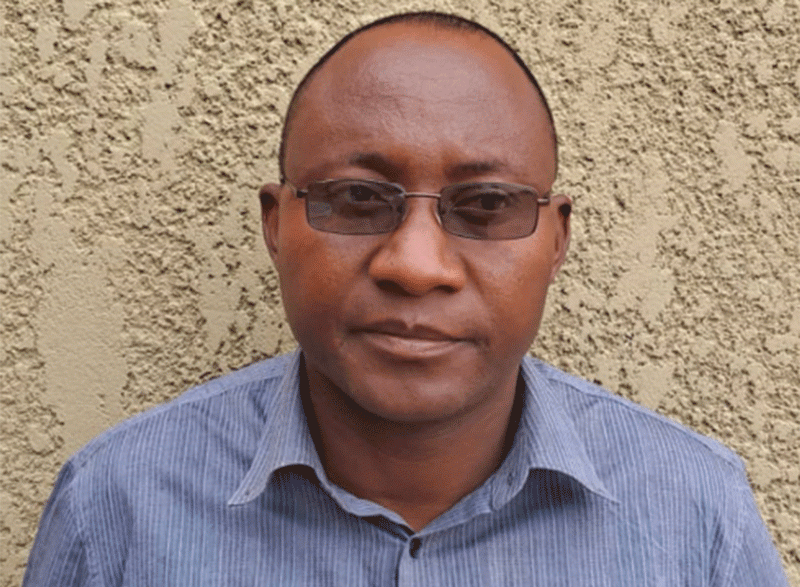
IT was on February 12, 2023 when the country recorded its first cholera cases in Chegutu, a town about 105km from Harare. The two cases were said to have been controlled with speed. Contact tracing had to be done in a bid to identify any possible cases. Cholera can be very fatal if not handled well and many lives can be lost within a short space of time.
The first cholera pandemic occurred in the Bengal region of India, near Calcutta in 1817. Zimbabwe had its first case of cholera in 1972 which did not give much trouble. There was a severe cholera epidemic in the country from the year 2008 to 2009 which saw 98 585 cases being reported and 4 287 deaths within a space of nine months. Another outbreak was to follow in 2018, running for six months to 2019 when 69 people died while at least 10 421 people were affected.
Cholera is a waterborne bacterial disease that is caused by vibrio cholerae, a toxin-producing bacterium. The disease arises after consuming contaminated water. Contaminated water bodies are the major cause of cholera and addressing issues of safe water and sanitation is very critical to cholera control. The crowded cities and towns are witnessing people using unprotected wells and boreholes. The dilapidated sewage infrastructure is leading to raw sewage flowing in towns and cities. Informal traders are everywhere selling fruits and vegetables, thus increasing the risk of spread of cholera.
Economic hardships and unemployment are fuelling all the risk behaviours surrounding cholera. It is prudent to fix our economy as it is proving to be the number one enemy to disease control. The country continues to lose a lot of experienced health personnel to countries such as the United Kingdom where there are better living and working conditions. Developed countries have made sure that they have advanced water and sanitation infrastructure, making diseases like cholera, dysentery, typhoid rare. Africa still has a long way to go in terms of health deliverables as both morbidity and mortality are threatening the continent, with Zimbabwe not an exception. With de-industrialisation in the country, citizens are forced to do anything to fend for their families. Open markets are now everywhere, sanitation issues are a dream as there is no planning.
Since February 12, 2023, the country has recorded about 3 300 cases of cholera with 56 deaths. Harare is now leading in terms of incidence with 31 cases having been recorded on Tuesday alone. With elections drawing closer, gatherings can further fuel the outbreak and there is a risk of the disease spiralling out of control. Reality will dawn when one loses a close relative to this disease which can be fatal if urgent action is not taken.
As a nation, we should not perennially cry about water and sanitation yet there is great potential to mitigate against such. Towns and cities have watched roads developing big potholes, but nothing is being done to correct such nauseating scenarios. It is unfortunate that corruption is taking centre stage everywhere in the country and it’s embarrassing to hear that funds for water reticulation were embezzled but nothing was done to the culprits. In China, crimes against people attract capital punishment — perpetrators can be hanged. People should know that corruption is a cost to the economy and should never be condoned by any sober-minded person in the country.
Why are councils not fixing the garbage issue? Why do we have problems with clean water supply? Residents of Harare can go for four days without water, hence diseases like cholera are recurring. We should thank dedicated medical practitioners who always work hard to bring relief to the populace especially during outbreaks such as COVID-19 and cholera. In view of the cholera outbreak, it is wise to observe at least some of the following:
- Garbage removal should be robust to avoid water pollution.
- Enhanced sanitation should be in council DNA.
- Safe and clean water supply should be available without fail if cholera is to be contained easily.
- Health education should be upscaled through various media platforms. Hand-washing and sanitisation remain key in cholera control.
- Surveillance remains critical so that cases cannot go out of control.
- Contact tracing of the cholera cases is critical so that possible contacts are quickly investigated.
- Essential medicines which include antibiotics like cotrimoxazole, intravenous drugs should always be in stock. The country should never run short of life-saving drugs.
Let us keep cholera under check lest we perish from a treatable disease. Remain smart and careful.
- Chitungwiza sewer infrastructure collapses
- Chitungwiza sewer infrastructure collapses
- LSU runs dry, students resort to open defecation
- Govt must prioritise water provision










